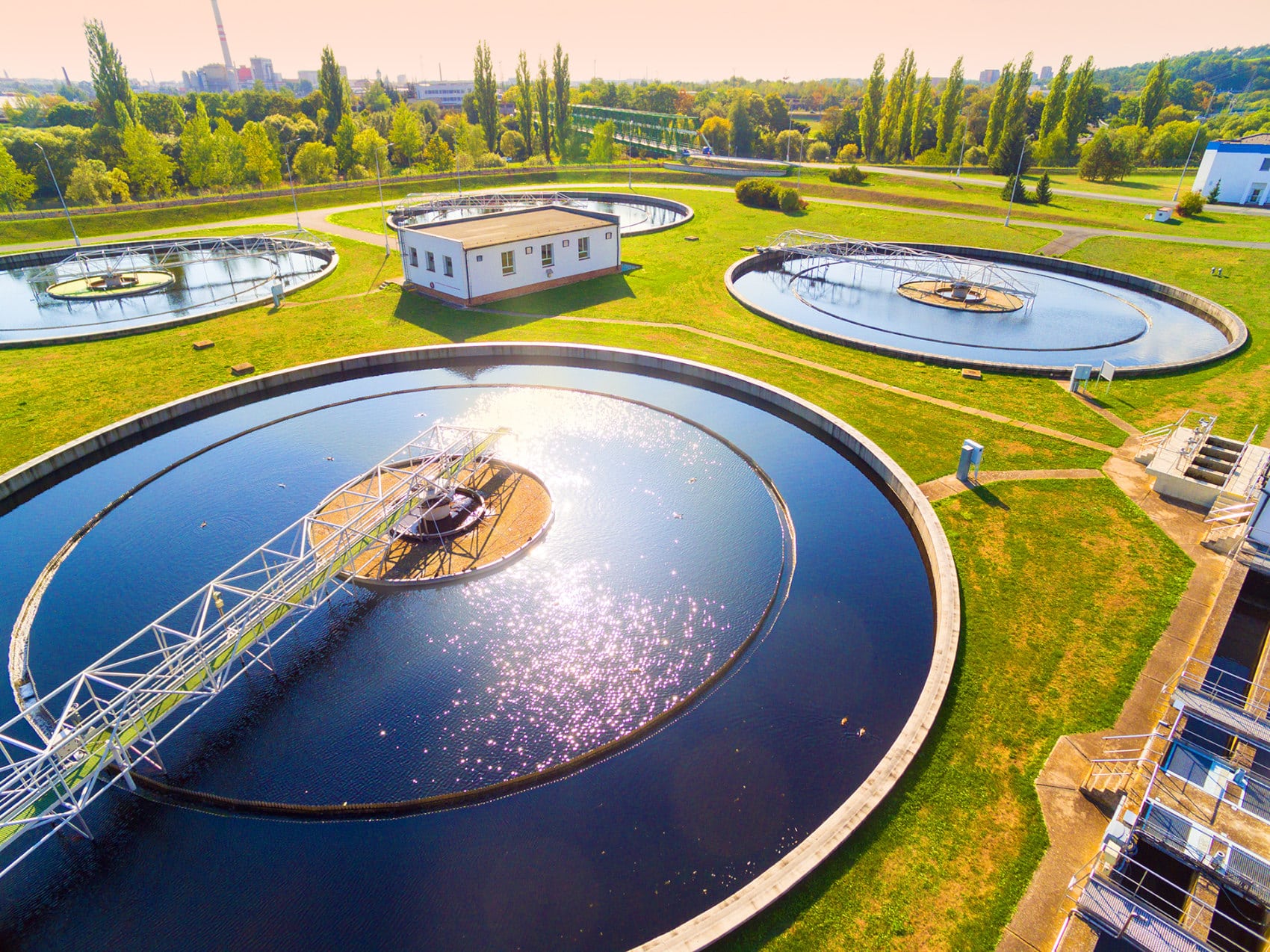Using IoT solutions to monitor and measure water quality, conserve water supplies and enable cities to function efficiently.
Start Free Trial
Take your business to the next level with this limited offer.
Get a 1 month free trial for up to 5 SIMs. No minimum commitments.
Smart Water
Maintaining a healthy water supply has now more important than ever and it’s estimated by UN that 20% of the human population will be directly affected by water scarcity by 2025. This will indirectly influence the planet’s inhabitants, ecosystems and economies.
With the help of smart water systems using a combination of IoT, big data and AI technologies, these predictions can be prevented. They can also undo the damage caused by the irresponsible use of our water resources.
Harnessing low power and long range IoT solutions helps to properly manage infrastructure, reduce losses and change the ways of how water utilities function. Smart metering solutions provide higher accuracy of real-time data monitoring, and this helps utilities flag water losses early on to reduce the time it takes to identify and fix issues such as leaks. As a result, we can focus and invest more of our attention on the proactive maintenance of water infrastructure.
Applications include
Flow monitoring that detects and fixes wasteful leaks
IoT water flow sensors can help identify leaks immediately by measuring the flow of water through a pipe and its rate of change.
Maintenance of a continuous healthy water supply
You can constantly monitor your building’s water quality using an IoT monitoring system. Turbidity sensors are placed inside your pipes and use beams of light to measure the clarity of your water, identifying whether murky or opaque.
Achievement of LEED and/or WELL certification
An IoT monitoring system for water quality can be used for existing or newly constructed buildings to help you meet LEED and WELL standards
Improvement of leakage control
Smart water management devices that are equipped with leak and moisture sensors will improve leakage control by preserving our water resources. This will drastically reduce the yearly spending of $3 billion to fix the damage caused by leakage.
Improvement of water quality
Sensor technology allows for real-time monitoring and control of water to improve and maintain its quality. This also helps prevent contamination by chemical waste and natural pollution such as acidification.
Reduced water wastage
In areas such as manufacturing, agriculture and power production, introduction of high-tech practices such as precision farming, smart irrigation and real-time water metering is used to reduce water wastage.
Smart water management’s primary objective is reasonable and sustainable usage and recycling of water resources. With a growing population, an increase in environmental issues and pressure on the food and agriculture sector, water has become an incredibly valuable resource.

Customer stories
Do you have a project in mind?
Need some guidance on your next project? Or just simply want to know where to get started incorporating M2M/IoT technology into your business?
Use our contact form to submit your questions and one of our team of M2M/IoT experts will get back to you with more information.
Please fill out the form below